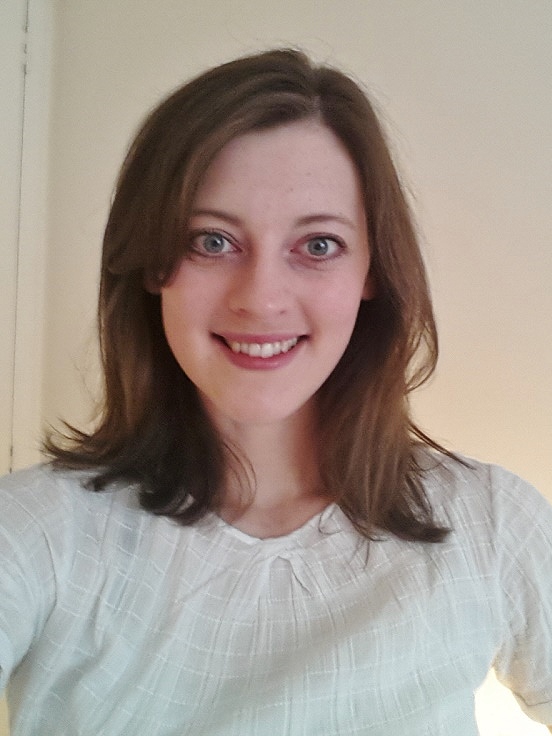Angela is a Masters student at Imperial College in London. She is studying Science Communication, and for her dissertation she has decided to research our very own DevelopAKUre clinical trial. In this week’s blog Angela tells us why she finds our trial so interesting and progressive.

The Science Communication course looks at the different ways science impacts people’s lives, and how the general public can influence science. For my dissertation, which I will be completing over this summer, I want to look at the role of patients in clinical trials, and how patients and scientists interact on a clinical trial.
My research brought me to DevelopAKUre, the AKU Society’s trial of the drug nitisinone. This trial is patient-led, and I wanted to find out what this means to those involved. I have been talking to the AKU Society, the research team in Liverpool, and some of the patients enrolled on the trial, to learn more about their experiences.
The next stage in this process will be to analyse these conversations to compare what different people say about the trial, and see where there are differences in point of view.
DevelopAKUre is an unusual clinical trial because it is patient led. While there is increasing patient involvement in healthcare, sometimes called shared decision making, there is limited research into the influence of patients on research. By looking at DevelopAKUre as a case study in my project, I hope to shed some light on the role patients can have in clinical research, and how the patient voice can be heard.
Clinicians and researchers have a huge amount of expertise from years of study on a particular condition, or the underlying genetic or biochemical causes. However, patients can often bring experiential expertise; that is, the experience of living with a chronic condition.
Patients can provide information on what aspects of the condition most impact on their day to day lives, what activities or dietary changes have made them feel better, and the emotional impact of living with a chronic and rare condition. This information can be invaluable in deciding where to focus research and research funding, and what symptoms need to be addressed most urgently, or how treatments should be developed.
With patients more educated and more vocal than ever before, the trend is for a more involved role in clinical decision making and research for patients. DevelopAKUre is a pioneering study in this sense, and I hope my research will be able to show how the patient voice impacts on a clinical trial and all of its participants.
Angela Wipperman
For the AKU Society this research is very exciting, as it will help promote the benefits of a patient centric approach. We are very proud of being so involved in this clinical trial as a patient group, and working closely with our patients to ensure we represent their views. We look forward to seeing Angela’s dissertation when it is complete.

